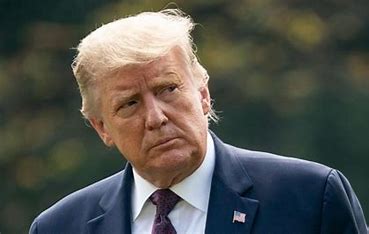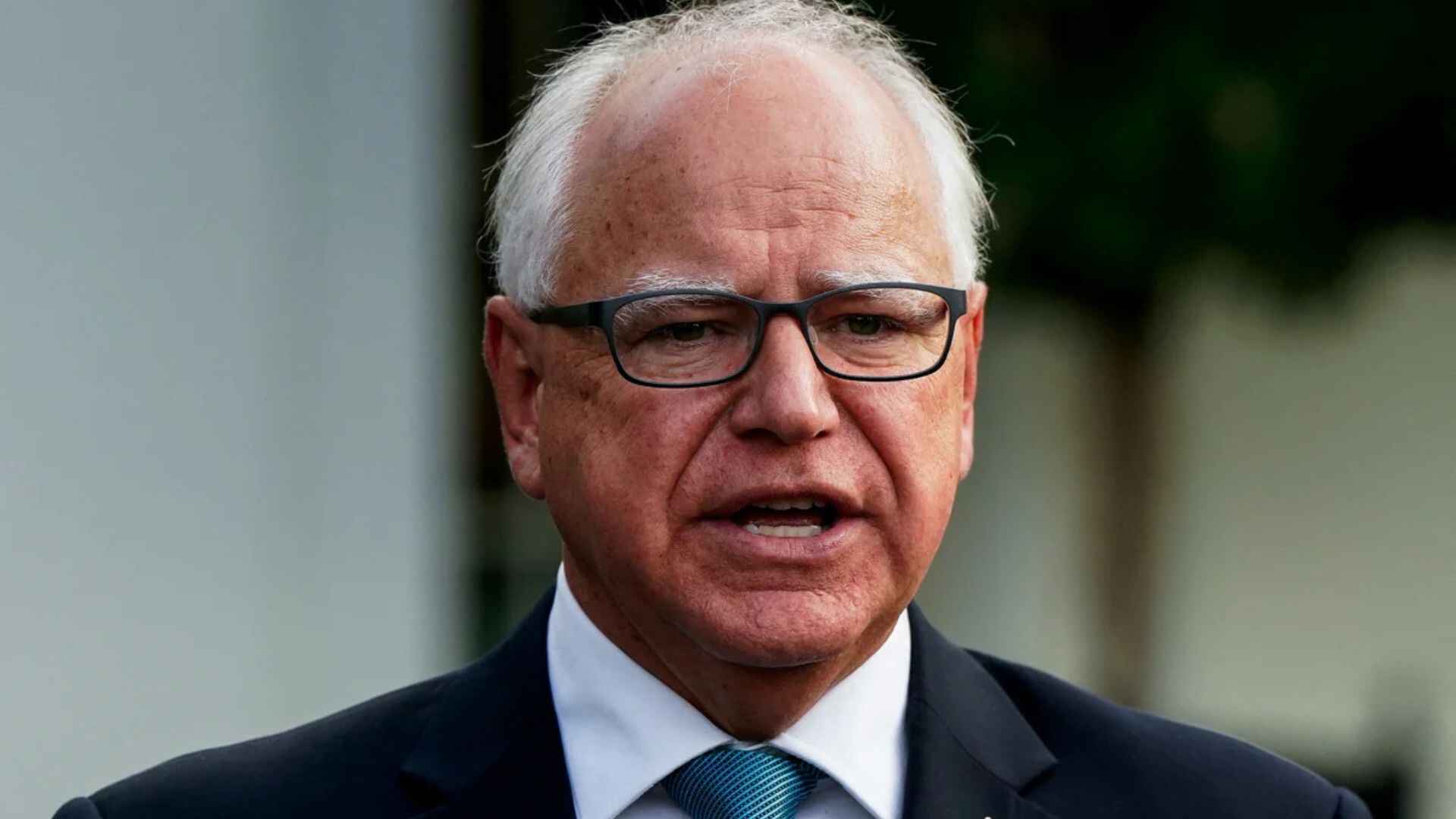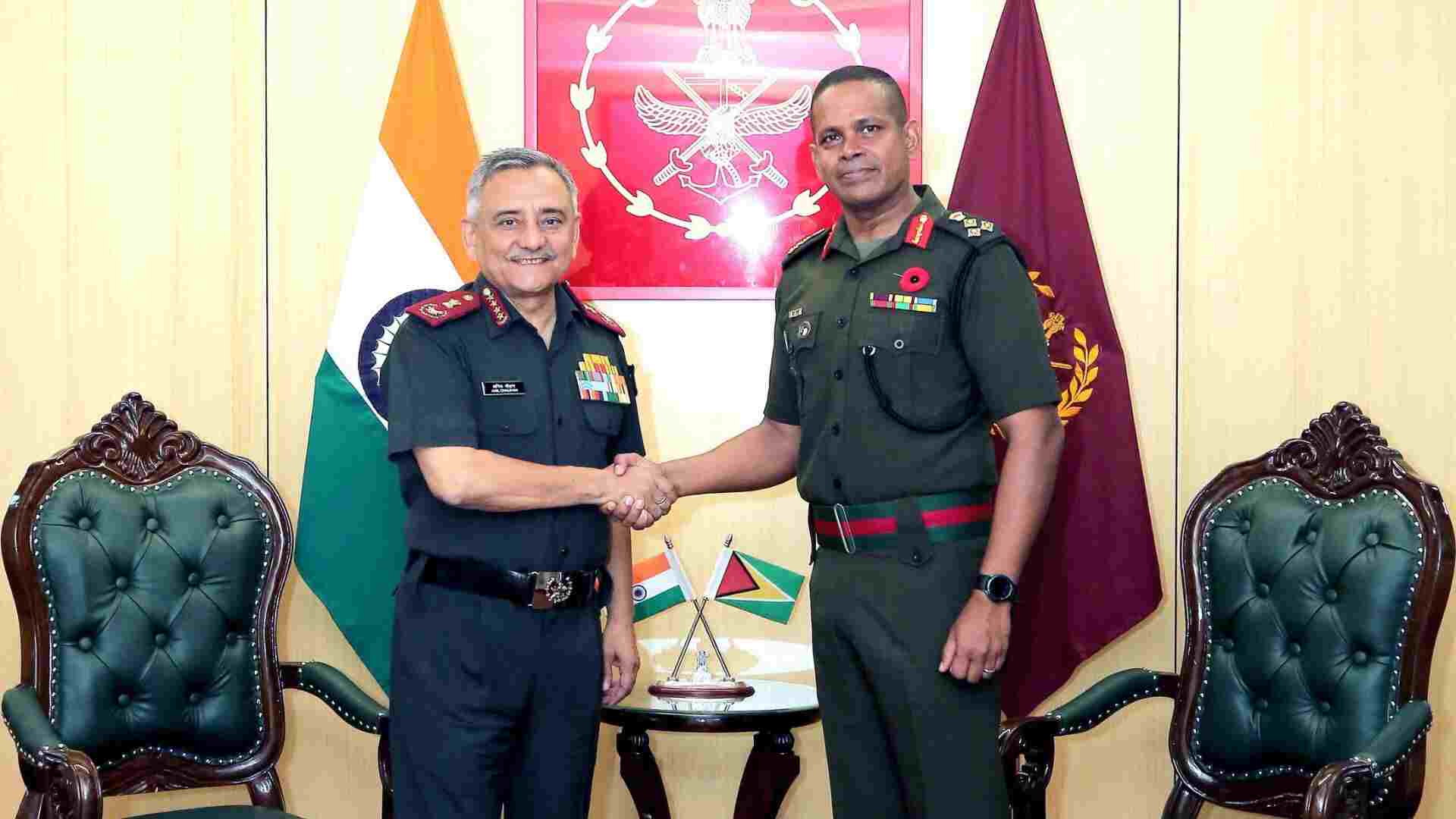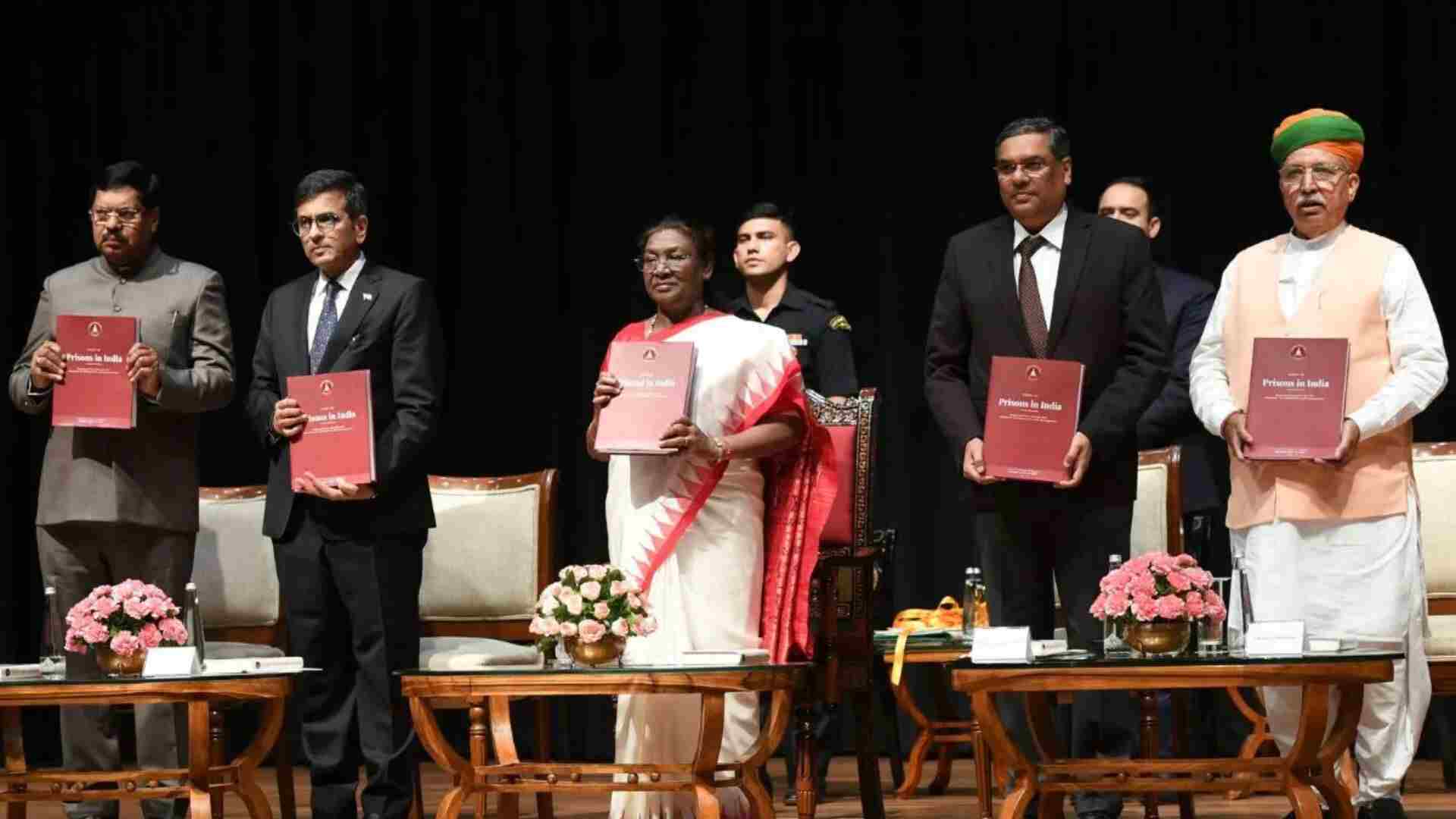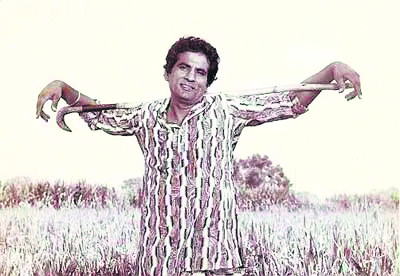
Veerendra stands as a stalwart in the vibrant tapestry of Punjabi cinema, leaving an indelible mark with his charismatic presence and impactful performances. Born on October 15, 1948, in Punjab, India, Veerendra carved a niche for himself in the realm of Punjabi films, earning acclaim for his versatile acting, dedication to the craft, and significant contributions to the industry. He made his debut with the film Teri Meri Ek Jindri, released in 1975, featuring his cousin Dharmendra. He was a regular in Punjabi films of the 1980s. Some of his more popular films were Lambhardarni, Balbiro Bhabhi and Dushmani Dee Agg etc. This marked the beginning of a prolific career that spanned several decades, where he not only entertained audiences but also became a cultural icon for Punjabi cinema enthusiasts.
One of Veerendra’s defining attributes was his ability to seamlessly adapt to a variety of roles, showcasing his versatility as an actor. From intense dramas to light-hearted comedies, he breathed life into characters that resonated with the audiences. His effortless portrayal of characters with depth and nuance established him as a performer capable of capturing the essence of the stories he told on the silver screen. Veerendra’s collaboration with renowned Punjabi film director O.P. Ralhan resulted in memorable cinematic creations. Films such as “Yaari Jatt Di” and “Jatt Te Zameen” showcased his ability to bring authenticity to roles that were rooted in the cultural ethos of Punjab. His portrayal of characters dealing with social issues, family dynamics, and the rustic charm of rural life endeared him to audiences across generations.
Beyond his acting prowess, Veerendra ventured into film production, contributing to the growth and expansion of Punjabi cinema. His production endeavors reflected his commitment to promoting quality content and supporting emerging talent within the industry. The films produced under his banner not only entertained but also contributed to the cultural heritage of Punjab. Veerendra’s impact extended beyond the confines of the film industry. He played a pivotal role in elevating the status of Punjabi cinema, garnering respect for the regional film industry on a national level. His work reflected a deep connection to his roots, and he became a cultural ambassador, introducing Punjabi traditions, language, and values to audiences beyond the geographical boundaries of the state. Sadly, he was assassinated on 6 December 1988. Veerendra remains an enduring figure in Punjabi cinema, celebrated for his cinematic contributions, versatile performances, and dedication to the cultural richness of Punjab. His impact on the industry and his ability to resonate with audiences showcase a career that transcends time, leaving an everlasting imprint on the heart of Punjabi cinema.


